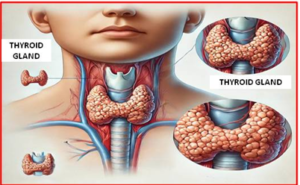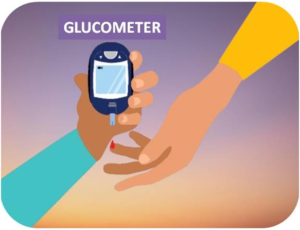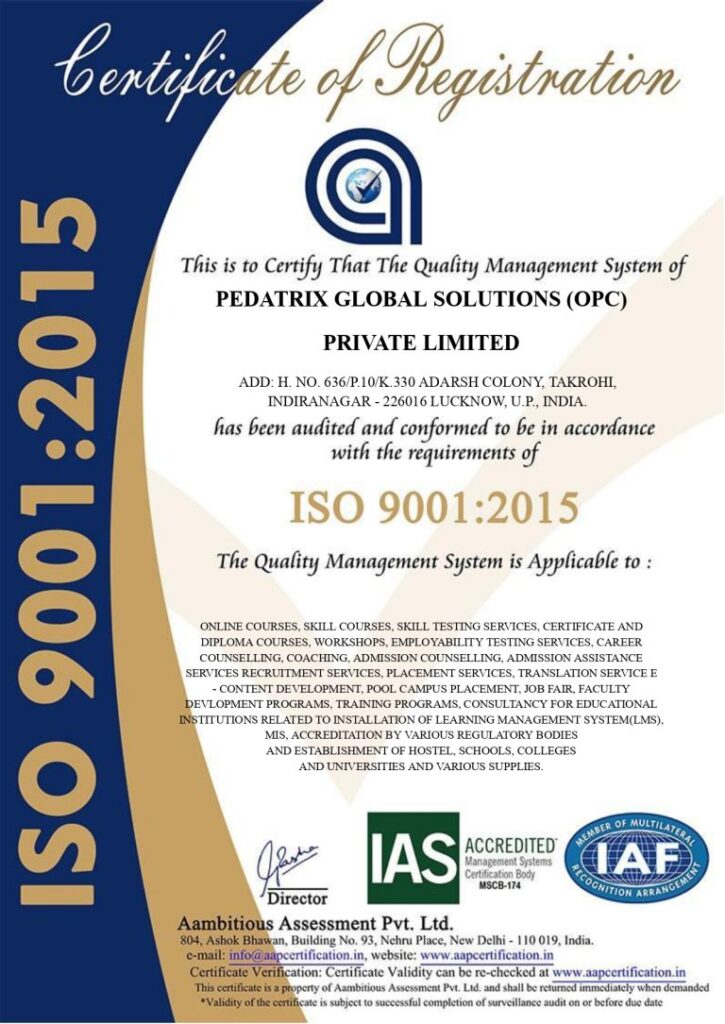
Introduction
Medication adherence—the degree to which patients take medications as prescribed—is critical for managing chronic diseases, improving health outcomes, and reducing healthcare costs. Studies have shown that non-adherence contributes significantly to hospitalizations, treatment failures, and even mortality. To address this issue, Medication Adherence Technology (MAT) has emerged as a solution, using technology to remind, monitor, and encourage patients to follow their prescribed treatment regimens.
From wearable devices to smartphone applications and connected pill dispensers, these technologies are revolutionizing how healthcare providers, caregivers, and patients manage medications. This blog will explore the current state of medication adherence technology, its benefits, the challenges it addresses, and the advancements shaping the future of patient care.
The Importance of Medication Adherence
- Health Implications
- Economic Impact of Non-Adherence
- Factors Affecting Adherence
- Types of Medication Adherence Technology
- Mobile Applications
- Smart Pill Bottles
- Wearable Devices
- Telehealth and Remote Monitoring
- Artificial Intelligence and Predictive Analytics
- Benefits of Medication Adherence Technology
- Improved Patient Outcomes
- Reduced Healthcare Costs
- Increased Patient Engagement
- Enhanced Data Collection
- Challenges in Medication Adherence Technology Adoption
- Privacy and Security Concerns
- Technical Limitations
- Patient and Provider Engagement
- Cost and Accessibility
- Case Studies of Successful Medication Adherence Technology
- Examples in Chronic Disease Management
- Success in Geriatric Care
- Innovations in Pediatric Care
- Future Directions in Medication Adherence Technology
- AI and Machine Learning in Adherence Prediction
- Integration with Wearable Health Tech
- Behavioral Insights and Gamification
- Policy and Regulatory Considerations
- Conclusion: The Path Forward
The Importance of Medication Adherence
Health Implications
Medication adherence directly impacts patient health. For those with chronic conditions, missing doses or discontinuing treatment can lead to severe health complications, including disease progression, hospital readmissions, and increased mortality rates. Studies reveal that approximately 50% of patients with chronic diseases do not adhere to their prescribed medications, leading to worsened conditions and reduced quality of life.
Economic Impact of Non-Adherence
Non-adherence also presents a significant economic burden, with estimated annual costs for healthcare systems reaching hundreds of billions. Patients who fail to adhere to their medication regimens are more likely to need emergency services, hospital stays, and other costly treatments. Implementing effective MAT solutions has shown potential in reducing these costs by preventing disease exacerbation and the need for acute care.
Factors Affecting Adherence
Several factors influence whether patients adhere to their medication schedules:
- Complexity of Treatment Regimen: The more complex the regimen, the harder it is for patients to remember and follow it.
- Side Effects: Adverse side effects may discourage patients from continuing with medication.
- Lack of Immediate Benefit: Many chronic medications show benefits only over time, which can reduce patients’ motivation.
- Social and Psychological Factors: Emotional support, mental health, and family involvement also play crucial roles.
Types of Medication Adherence Technology
Mobile Applications
Mobile applications are among the most widely used medication adherence tools. These apps offer reminders, tracking features, and integration with electronic health records (EHRs). Examples include apps like Medisafe and Pill Reminder, which provide daily reminders and track missed doses. Some applications even offer incentives or gamification elements to encourage adherence.
Smart Pill Bottles
Smart pill bottles, such as AdhereTech and Pillsy, are designed with sensors that can track when a bottle is opened. These devices can send reminders, alert caregivers, and sync with mobile applications, ensuring that medication intake is monitored in real time. Such devices are particularly useful for elderly patients who may have difficulty managing multiple medications.
Wearable Devices
Wearable devices have also entered the medication adherence field, with fitness trackers, smartwatches, and even custom adherence bands designed to provide reminders and track compliance. These devices often integrate with other health metrics, offering a holistic approach to managing health by reminding patients to take medications alongside monitoring vital signs.







1 thought on “Medication Adherence Technology: A Comprehensive Guide”
This post is incredibly insightful! I’ve been trying to focus on my mental wellness, and your tips are just what I needed.